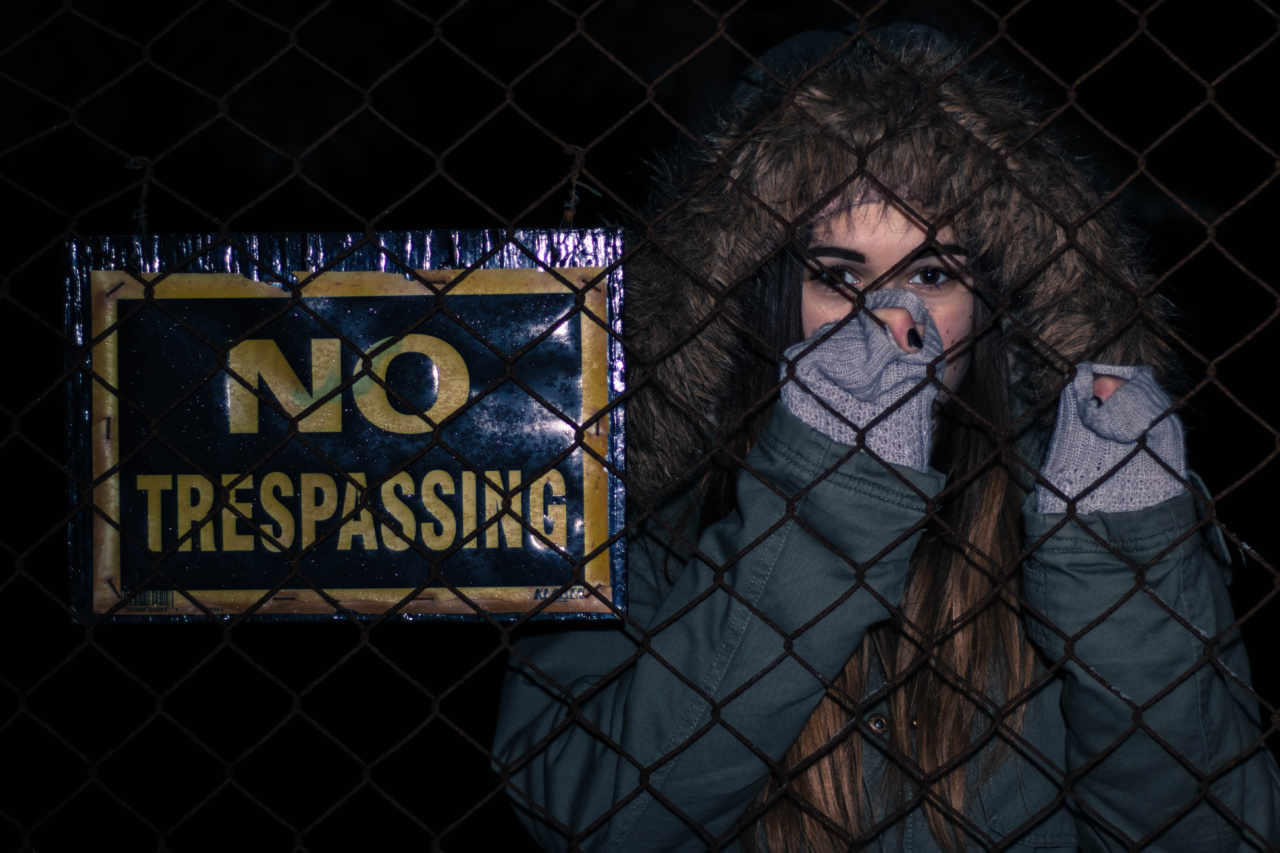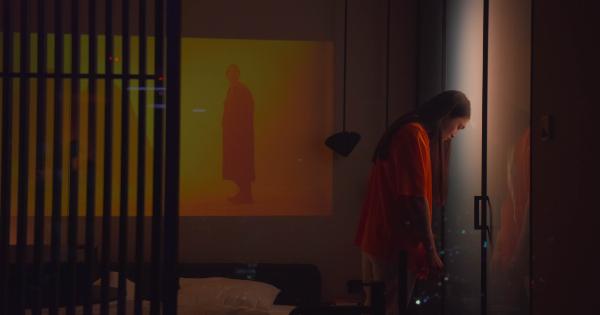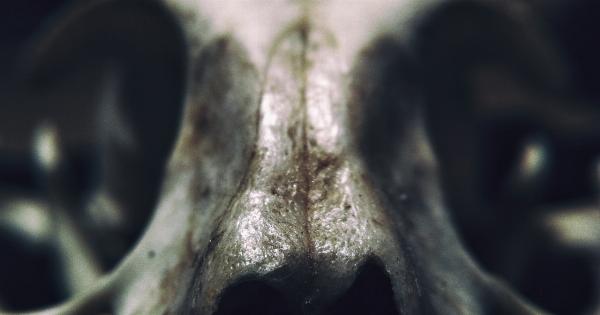Do you ever find yourself waking up in the middle of the night, unable to move, feeling like something is pressing down on your chest? Maybe you feel like you’re falling, or see shadowy figures in the darkness.
If you have experienced any of these symptoms, you may be suffering from a sleep disorder known as “midnight madness.”.
What is Midnight Madness?
Midnight madness, also known as sleep paralysis, is a condition where a person is unable to move or speak for a brief period of time after waking up or falling asleep.
During this time, they may hallucinate or perceive a threatening presence in their surroundings. These episodes can be very frightening and can lead to a fear of sleep or depression.
What Causes Midnight Madness?
The exact cause of midnight madness is unknown, but it is believed to be related to disrupted REM (rapid eye movement) sleep patterns.
During REM sleep, the brain is active, but the body is paralyzed to prevent the individual from acting out their dreams. When this paralysis lingers upon waking up, resulting in a state of temporary paralysis, this can result in the feelings associated with sleep paralysis.
Who is at Risk for Midnight Madness?
Anyone can experience sleep paralysis, regardless of gender or age. It is estimated that around 8% of the population has experienced at least one episode of sleep paralysis in their lifetime.
Those who suffer from anxiety or depression, as well as individuals who have sleep disorders such as narcolepsy or sleep apnea, may be at an increased risk for experiencing midnight madness.
What are the Symptoms of Midnight Madness?
Symptoms of sleep paralysis typically last for a few seconds to several minutes. During this time, a person may experience the following:.
- Temporary paralysis
- Inability to speak or move
- Heavy pressure on chest or body
- Hallucinations or visuals of an intruder or demon
- A sense of fear or impending doom
While these symptoms can be very scary, it is important to remember that they are not dangerous and do not cause any harm to the body.
How is Midnight Madness Treated?
There is no specific treatment for sleep paralysis, but making lifestyle changes such as getting enough sleep, reducing stress, and avoiding certain sleep medications may help prevent episodes.
Additionally, medication can be prescribed by a doctor to help with anxiety or depression, which have been linked to sleep paralysis.
For those who experience frequent episodes of sleep paralysis, therapy, and cognitive-behavioral counseling can help identify triggers and provide coping strategies.
The Horror of Midnight Madness
While sleep paralysis is not inherently dangerous, the hallucinations that often accompany it can be extremely frightening.
Many people who suffer from sleep paralysis report feeling like they are being held down by a monster or demon, which can be terrifying. This fear can lead to anxiety and depression, and in extreme cases, a fear of sleep itself, leading to insomnia.
The experience of sleep paralysis has been the subject of many horror films, including The Nightmare (2015), which documented the experiences of several people suffering from sleep paralysis.
In the movie, the subjects of the documentary report feeling like they are being attacked by an intruder or demon, leading to a sense of terror and helplessness.
Conclusion
Sleep paralysis, also known as midnight madness, is a sleep disorder that can be very frightening for those who experience it.
While there is no specific cure for sleep paralysis, making lifestyle changes and seeking treatment for related issues such as anxiety or depression can help prevent episodes. While it can be a scary experience, it is important to remember that it is not inherently dangerous.





























